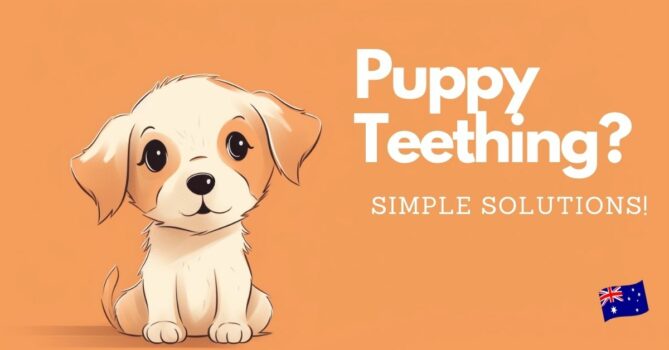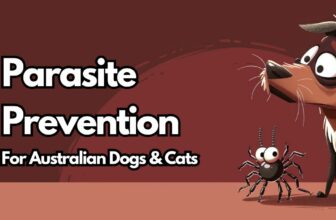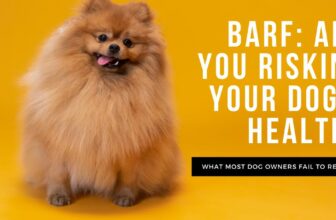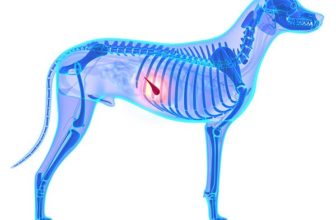Puppy Teething: Simple Solutions

Getting a puppy is always a great idea.
That’s until they go through the inevitable mouthing phase, and worse, when they start teething.
This is when we’re really pushed breaking point, when you’ll find yourself sitting on the kitchen floor crying and shouting “What have I done!?” in utter frustration!
Don’t worry, you’re not the only one.
My first puppy destroyed my sofa.
My second puppy destroyed my skirting boards, brand new Ray Bans, and each and every roll of luxury soft 3 ply loo roll I dared put on the holder.
That wasn’t the entirety of the destruction either, but thankfully I found easy solutions which worked wonders in preventing destructiveness through puppy teething. These are solutions I’m sure will fix your problems as well.
So lets take a look at simple ways to help your puppy through their teething phase:
The Power of Raw Meaty Bones
Many years ago I was afraid to give any of my pet carnivores raw meaty bones.
It’s odd considering this is exactly what they survived on for millions of years in the wild, and tens of thousands of years since living with us humans. Don’t you think?
It’s only been the past handful of decades when we’ve been told our dogs shouldn’t eat raw meat and bones, because these days we have commercial processed food which makes global conglomerates like Mars, Nestle, and Colgate Palmolive billions of dollars in profit.
If you watch a dog chew on a nice juicy bone it’s easy to see how good they are to keep their teeth clean. The natural instinct of chewing or gnawing on a meaty bone is, in my opinion, the best way to naturally combat teething, and also direct your dog’s natural chewing instinct to something other than chair legs.
However, caution should always be taken when feeding a puppy raw meaty bones. You must feed appropriate non-weight-bearing bones, and take even more caution if your dog may gulp lumpy bones like knuckle bones.
The dangers with bones are internal blockages or tears, and having discussed the issues with numerous vets this can and does happen.
Most issues with bones occur from dogs eating cooked bones which are always a danger and should always be avoided. Cooked bones are brittle, sharp, and dangerous.
Know your dog. I know mine, and I have complete confidence feeding her chicken necks, frames, wings, drumsticks, or various other appropriate bones.
Some Australian breeders ween litters on raw meat and raw meaty bones with great success.
But, if you’re concerned about bones, or don’t want to take such a risk with your young puppy, then there are other options too – let’s take a look!
Dried Meat Alternatives to Raw Meaty Bones – The Best Treats to Chew On
Recent years have shown an influx in dried meat or animal based treats which are great for your puppy and will really help with teething and mouthing.
Not only are these treats great for directing your puppy’s mouthing and teething problems to something appropriate, they are also nutritious. Your puppy is in their growth phase, which is the most important time in their life for good nutrition, so the below options are a win on multiple counts.
One piece of advice – always check the country of origin for any chew treat. Australian regulations can require dog treats sourced from various countries to be irradiated on import. It’s illegal to irradiate cat treats due to known health risks, but health risks for dogs haven’t been considered or thoroughly researched.
If you can, opt for dog treats made in Australia or New Zealand.
- Bully sticks – These are fabulous treats to chew on and last for ages. You may be put off by what they’re made from, so if you prefer blissful ignorance just go and buy some without reading about them. I’ll give you a clue – what part of a bull do you think these sticks are from?
- Deer shanks – Similar in many ways to bully sticks, deer antlers are super tough and great to chew. The best brand is Ziwi Peak, available at Pet Circle. A deer shank will set you back a few bucks, but you’ll come to realise how worth it they are in longevity.
- Deer antlers – Tough as antlers, obviously. These can be a bit brittle, but they’re so touch they can give your teething puppy something to direct their chewing on for weeks or months to come.
- Goat horns – Similar to antlers and just as tough, you’ll find a few brands of goat horn available in Australia.
- Rabbit ear, pigs ears, cow ears – Dried ears aren’t as tough as antlers or horns, but are still great to chew (and arguably less risky when it comes to tooth breakages).
Other Great Solutions to Prevent Teething and Mouthing Issues
If raw meaty bones or the above chews aren’t your thing, I’ll leave you with a few more solutions which may help your dog through the teething and mouthing phases. If you have other suggestions, feel free to say so in the comments section at the bottom of the page.
Soak and freeze small towels. These can be great for your puppy to chew on. The coldness will help with the tooth pain they’re feeling.
Use beef or chicken stock, or better yet – bone broth, to create an ice cube tray of flavoured ice blocks. Your puppy will love to suck or crunch on these juicy, meaty, ice cubes. They’re also nutritious!
Frozen chicken necks can be given to your pup, but under strict supervision. Puppies have been known to inhale chicken necks in their enthusiasm, and in rare cases there is a risk of the chicken necks becoming blocked in their airway.
I mention the benefits of frozen carrots here, which like frozen stock cubes are a simple, cheap, and effective treat to help your puppy through teething.
Some people have had luck with frozen bananas, which seems fine to me, and some swear by giving their pup a frozen wash cloth for teething. Although that may work, why give your puppy something they can choke on when you can give them something frozen which is healthy and nutritious like carrots or bone broth ice cubes?
What teething tips can you suggest?
How to Prevent Your Puppy Chewing Your Stuff
If you’ve ever had a child you’ll know how necessary it is to collect up anything hazardous and put it out of sight and out of reach.
The same is necessary for a puppy. Probably even more so.
Regularly walk around your house and garden and collect up anything you don’t want your puppy chewing. Is anything a potential choking hazard? Is there anything you would be devastated to lose if your puppy destroyed it?
Put all this stuff into storage for about a year.
For anyone into minimalism, you may realise you don’t need this stuff anyway. If you don’t need it in a year, you don’t need it at all!
You’ll find no matter how many precautions you take, any puppy will successfully destroy one prized item of value during the puppy phase, so be warned!
Never Blame Your Puppy for Chewing or Teething!
It is unfair to think puppies can distinguish between all the hundreds, if not thousands, of items they find in their day to day exploring and know the difference between an appropriate chew item and an inappropriate one.
Eventually, with gentle guidance from you, your puppy will start to seek out the items you have encouraged them to play with. Especially the items you fill with food that smells and tastes good.
It is never your pup’s fault!
Take responsibility for putting away items you don’t want your puppy to destroy.
Constantly scolding, punishing, or nagging your puppy will do harm in your relationship. This is where most puppy owners fail, because punishing your dog for chewing is the fastest route to having a destructive dog.
The job of training a puppy is made harder when they have learnt to avoid you, not trust you or be generally wary of your reactions.
Positive reinforcement and encouragement will always give you the most success, least frustration, and the smartest dog on the street.






